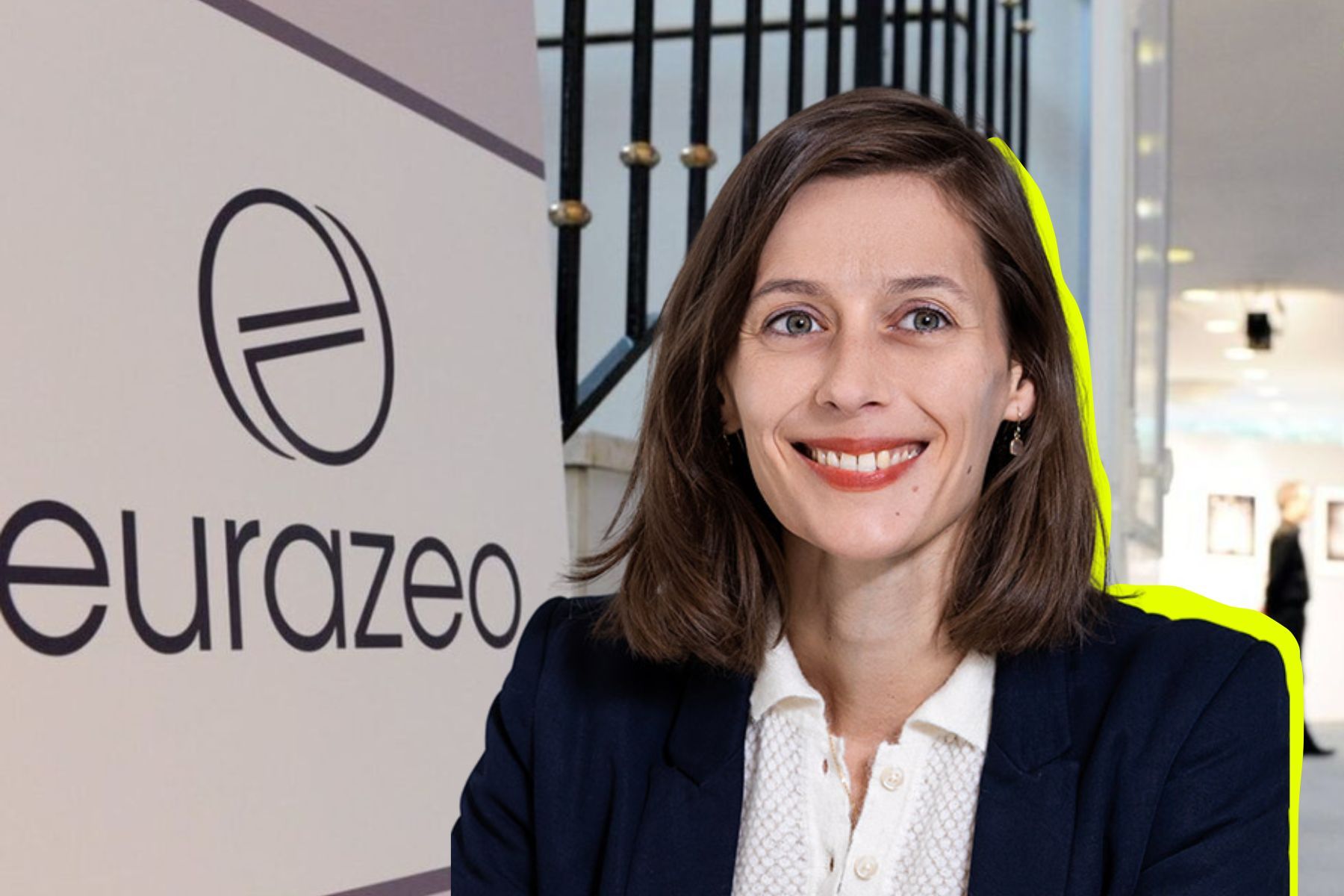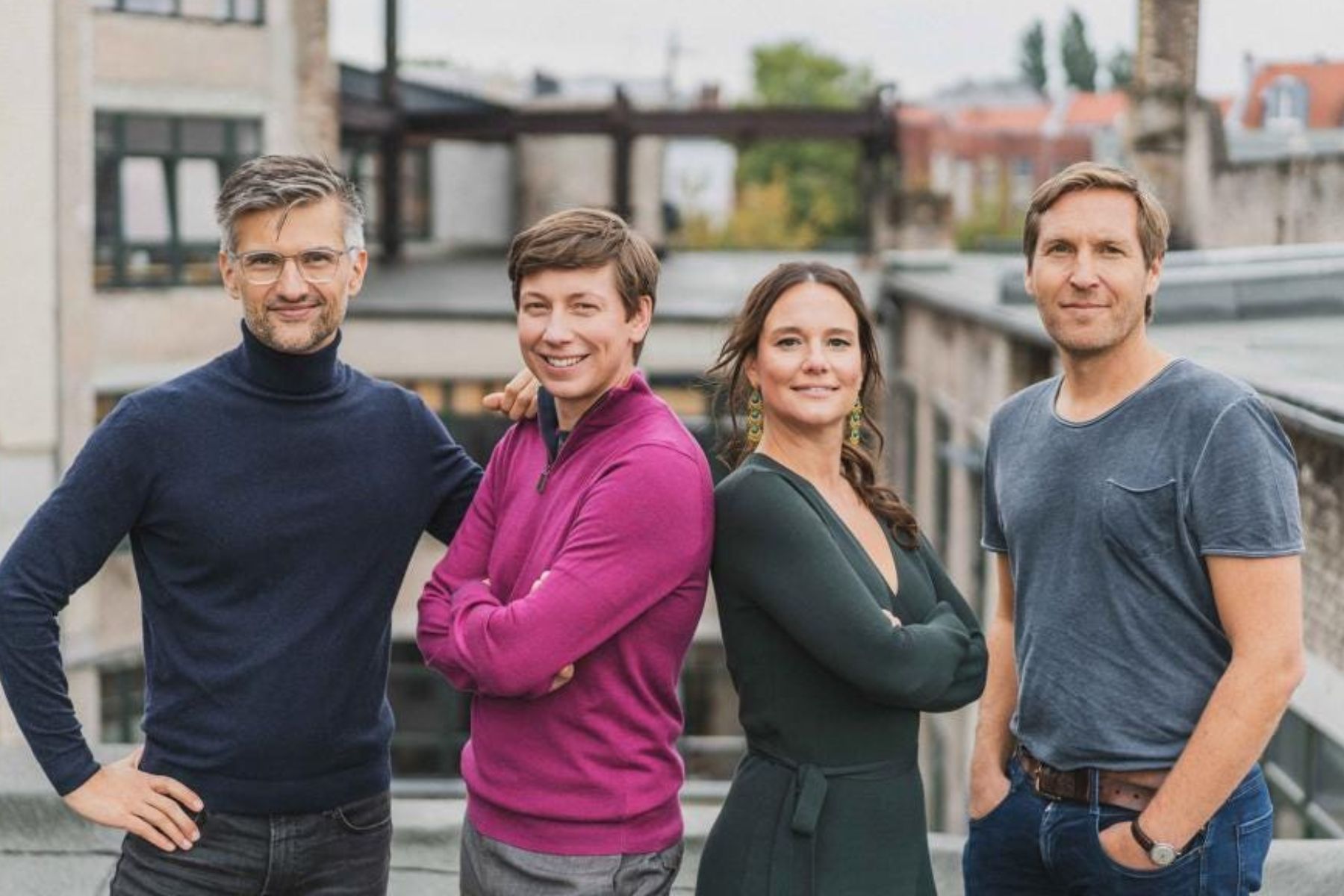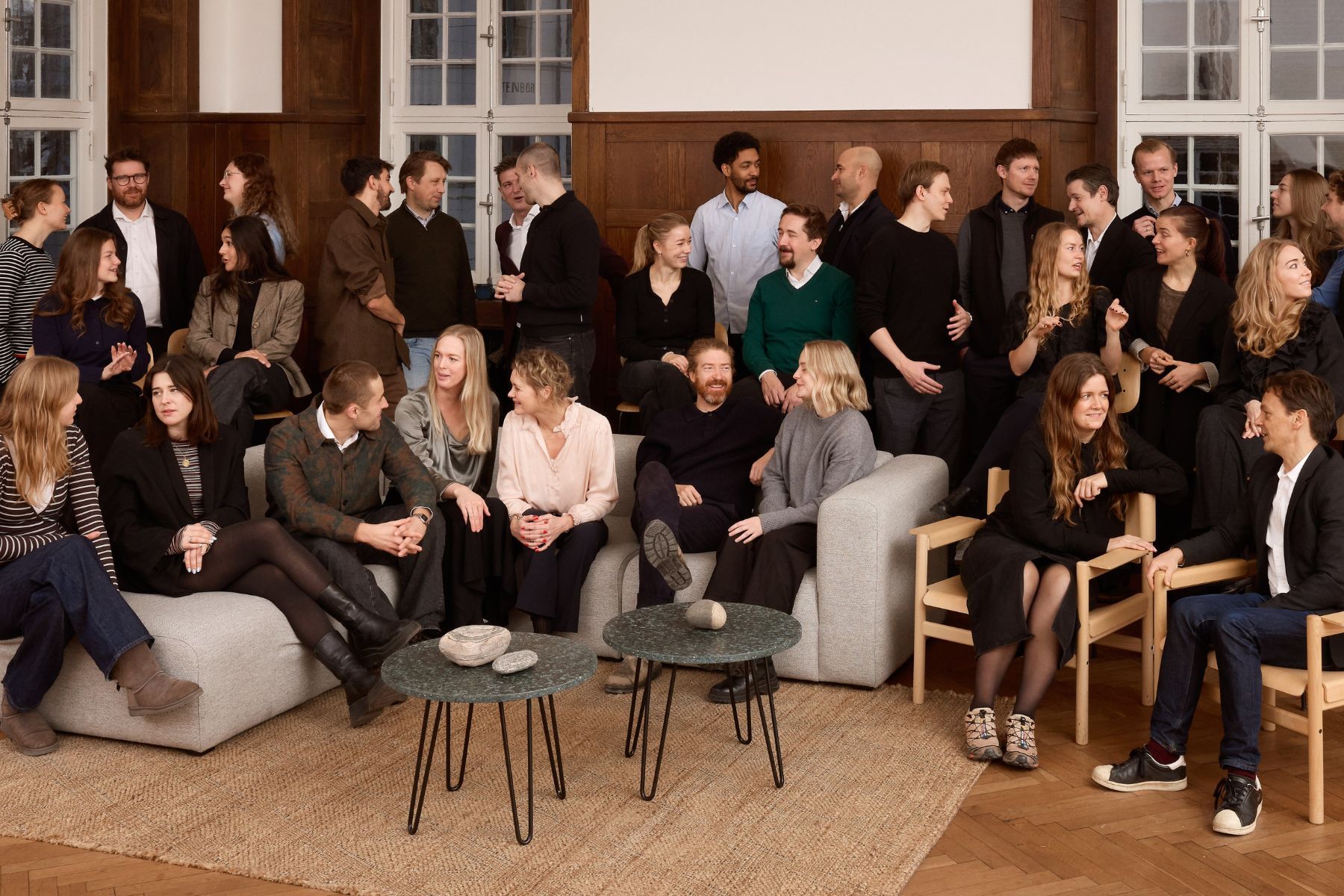VC Rockstart is looking for the 'boring' agtech firms – this is the sector set to boom: 'Will massively boost production'

Amsterdam-based impact investor Rockstart wants to transform the global agri-food system by focusing on having both a healthy planet and a healthy gut. <br><br>Impact Loop sat down with Mark Durno, Rockstart's managing partner for agrifood, to discuss what's cooking within agri and foodtech now:<br><br>→ The "boring" agtech solutions that work<br>→ The area that will boom<br>→ What it takes to sell a product to farmers<br><br>


When it comes to ag tech, moonshot solutions like vertical farming seem to have wilted before they had a chance to grow.
But there are still plenty of "boring" innovations to get excited about, according to Dutch-Danish venture capital firm Rockstart, which has made agrifood one its core investment pillars.
The agriculture industry remains one of the world’s biggest climate polluters of gases like nitrous oxide and methane. That means ambitious startups can have a massive climate impact with scalable solutions, even if they’re not the most eye-catching innovations.
"If you can make a 3 percent emission reduction on an ingredient being used to feed millions of animals, then your impact internationally is massive," says Mark Durno, managing partner for AgriFood at Rockstart.
Healthy planet and healthy gut
For Rockstart, investing in ag tech goes well beyond finding the latest fad or the quickest profit. It starts with the idea that the food supply chain should be a food supply system.
"We invest in agri and food tech startups promoting a healthy planet and a healthy gut," says Mark Durno. "We cover everything from soil and ocean health all the way through to gut health, because that's ultimately what it means to be producing and eating food."
That’s why agrifood is one of Rockstart’s core focuses, alongside other impact sectors like energy and cutting-edge climate tech. Even though many food tech products often take years to get past regulators onto the mass market and can therefore test the patience of limited partners.
"We are an early-stage, impact-driven investor, so when we are looking at a potential company and saying it’s going to take four years before this gets to market, it can be quite difficult to explain to an investment committee why we should put money down. The simple answer is: If we don’t, who will?"
'Boring' businesses with huge potential
Of course, there are plenty of financial reasons to invest in ag tech as well. Potential "moonshot" solutions like alternative proteins could be worth billions, while alternatives for foods like chocolate and coffee are also becoming increasingly popular.
So while Durno, and much of the industry, has pivoted away from some grand ideas like vertical farming, he is confident that there are still plenty of "lower-hanging fruit that can make a huge impact."
That includes soil health and regeneration of soils – switching out chemical fertilisers and pesticides for biological and natural alternatives. And those reduced emissions in everyday products like animal feed.
"I don’t want to use the word ‘boring’ to describe these businesses because I like them. But ‘boring’ businesses like developing food ingredients for livestock have huge potential. It’s about unlocking those emission tweaks. Startups who are carving out strong IPs in these areas can really scale their impact."
Another major area of interest for Rockstart is precision fermentation, where microogranisms are used to produce new natural food ingredients like proteins and enzymes.
"Precision fermentation has had a renaissance in the last ten years and is now in the next phase of its evolution," Durno says. "If you can switch out chemically derived ingredients with all natural ingredients and flavors, that's a big game changer."
One of Rockstart’s portfolio companies in that space is Endless Food, a Danish startup producing alternative chocolate from upcycled side streams from a brewery.
"Was it ever alive?"
Before joining Rockstart, Durno worked at a Swiss vertical farming startup at a time when the idea of growing food indoors in cities seemed like a possible solution for feeding the world.
Fast forward to 2025, and American company Plenty recently became the latest – and biggest – vertical farming startup to file for bankruptcy, after raising more than €1bn from investors.
So is vertical farming dead?
"Was it ever alive?" Durno quips. "I left the Swiss startup with the understanding that the unit economics of a head of lettuce or a basil are already well established. So one of the reasons we at Rockstart never invested in vertical farming as a theme is because the venture case was never going to stack up. At the end of the day, a farm is still a farm. So the economics of the farm need to be respected. Robotics and technology won't change that, only optimise aspects of it."
AI in farming
Robotics and technology are changing many other aspects of agriculture, though, and that is presenting plenty of opportunities for both farmers and investors.
Durno sees a future where the use of AI in farming robots will massively boost production and help farmers get more efficient when it comes to timing the markets.
"If you also mount sensors to those robots, the granular data you can get on the micro climate of the farm is amazing, and will help you make more informed decisions," he says. "I think there are some in the industry who are maybe underestimating how expensive it will be to make that transition. But there are startups out there who are already cracking it and making it affordable."
But he stresses that any startup looking to sell AI solutions to farmers have to first make sure that the technology earns their trust.
"I think farmers are some of the most highly innovative business people out there. They're just very risk averse because they are working with such thin margins, and they're in a constantly changing geopolitical environment. So if you're able to show that the innovation or the technology has a low risk application, then they will they will invest heavily."
Get full access to Europe's new platform for impact news
- Quality journalism, interviews, investor profiles and deep-dives
- Daily newsletter with top stories, latest funding rounds and roundup to keep you in the loop
Keep reading – get in the loop!
- Håll dig i loopen med vårt dagliga nyhetsbrev (gratis!)
- Full tillgång till daglig kvalitetsjournalistik med allt du behöver veta inom impact
- Affärsnätverk för entreprenörer och investerare med månatliga meetups
Fortsätt läsa – kom in i loopen!
- Håll dig i loopen med vårt dagliga nyhetsbrev (gratis)!
- Full tillgång till daglig kvalitetsjournalistik med allt du behöver veta inom impact
- Affärsnätverk för entreprenörer och investerare med månatliga meetups








